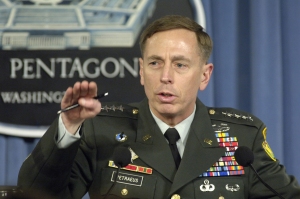Human rights have become a controversial, yet crucial, topic in 21st-century America. Aggressive foreign policy in the wake of the 9/11 attacks has led to questioning the constitutionality of the Iraq war and the legality of U.S. drone strikes. Meanwhile, domestic policies regarding the right to privacy have recently been deemed unconstitutional, extreme police brutality is beginning to be addressed, and evidence of violence in the ever-growing prison-industrial system is being examined. Perhaps the most important aspect in the recent discussion is that the United States can no longer claim to be a human rights champion.
When it comes to human rights on the global level, international law has become increasingly important in the conversation. As globalization continues to change how countries operate both domestically and internationally, the various treaties that form international law attempt to address human rights violations in hopes of honoring the dignity of all human beings. The International Criminal Court, various committees, and specific campaigns have all been designed to enforce these human rights norms that emerged after WWII. These various instruments have been created due to the emphasis on the right to sovereignty in every nation, and the resulting contention between international and domestic law.
However, regardless of contending views about international law, the United States government is already subject to the treaties it has ratified and has a clear legal obligation to uphold them.
The United States has a checkered past when it comes to human rights violations. Acknowledging the need for greater enforcement of treaties that the United States has already ratified is important, but the government must go one step further by ratifying conventions to give more protections to its citizens. While there are a number of eligible treaties for the United States to ratify, there is one that would affect over 50% of the population – the Convention to Eliminate All Forms of Discrimination against Women (CEDAW).
What is CEDAW?
CEDAW, written in 1979, is part of a body of treaties that comprises international human rights law. In order to be enforced, a country must accede or ratify the convention, thereby agreeing to uphold the articles therein, with the exception of any reservations outlined at the time of accepting the treaty.
When a country ratifies CEDAW, it agrees to:
- uphold the civil and political rights of women, from discrimination and sex role stereotyping to representation and involvement in public and political life;
- uphold the economic, social and cultural rights of women, from education and employment rights to marriage and family life;
- and to set in place mechanisms to enforce the articles in the convention
While many recent scholars have discussed the prospects for CEDAW across the globe, one prominent scholar, Sally Engle Merry, has been fair in analyzing the convention. In her book, Human Rights and Gender Violence, Merry notes that “the committee charged with monitoring compliance with CEDAW, like those monitoring the other major UN treaties, has limited power to compel states to comply.” However, she continues her analysis by concluding that “a close examination of the way the CEDAW process operates suggests that although it does not have the power to punish, it does important cultural work” by fostering “new cultural understandings of gender and violence.”
Why Should the U.S. Ratify CEDAW?
The United States signed CEDAW on July 17, 1980, making a commitment to the treaty, even though it has not been ratified. According to the Vienna Convention on the law of treaties, when a country signs a treaty it “is obliged to refrain from acts which would defeat the object and purpose of a treaty.” While it can be argued that the United States already has legal protections for women, the ratification of this treaty could only serve to further goals for equality in the country.
According to Amnesty International, the United States is one of three countries that has not ratified CEDAW – the other two being Iran and Sudan. It also “has the dubious distinction of being the only country in the Western Hemisphere and the only industrialized democracy that has not ratified this treaty.”
There are a number of ways that gender discrimination is active in American society, and CEDAW is an important step toward reaching gender equality. Some of the gender discriminations faced by women are:
- Rape Culture
- Workplace Discrimination
- Underrepresentation in Politics
- Lack of Maternity Leave (in which the U.S. is the only “Developed Econom[y]” that “does not pay maternity benefits”)
While there are arguments against the ratification of CEDAW, they largely hinge on the fact that the treaty would be detrimental to women’s rights. While this is a complex argument with a variety of examples, it stems from an ideology that wishes to restrict all women’s rights on the basis of one traditional set of beliefs about women.
CEDAW is a comprehensive treaty that would further the ability for women to be in control of their own lives and make decisions regardless of conflicting beliefs. In fact, there is even a provision in CEDAW that states that “nothing in the present Convention shall affect any provisions that are more conducive to the achievement of equality between men and women,” whether that be in domestic law or “any other international convention, treaty or agreement in force.” Essentially, CEDAW can only serve to further goals for gender equality, and will take a back seat when another law or policy goes beyond the minimum goals set in the convention.
The United States is clearly in need of policy changes when it comes to human rights, starting with upholding and extending international law. Ratifying CEDAW would not hurt American women; rather, it would function as an important tool in the fight for gender equality. It is time to solidify America’s commitment to human rights. It is time for the United States to ratify CEDAW.
To learn more about why the United States should ratify CEDAW, or to get involved, click here.
About the Author: Colin Blevins is an undergraduate student at the University of Colorado Denver. He is pursuing a degree in Political Science with a certificate in Democracy and Social Movements. His academic interests include political theory, social movements, and human rights. He is the co-founder and President Emeritus of the International Studies Club at the University of Colorado Denver. He has worked for LGBT military nonprofits since 2011 and currently serves in the United States Army Reserve.
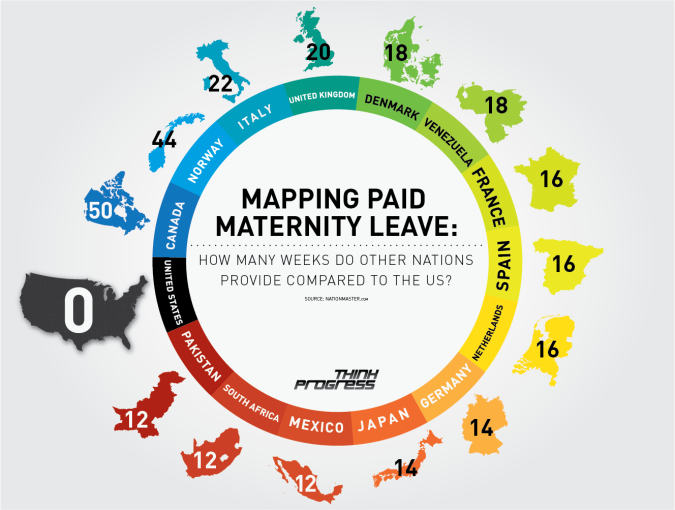
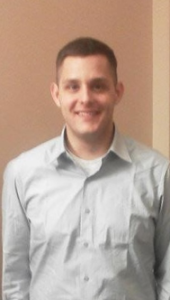





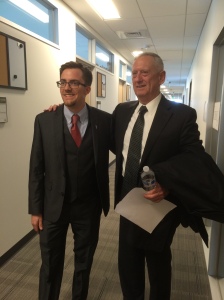
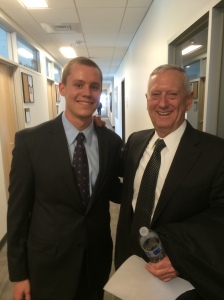

 Zach McArthur:
Zach McArthur: 
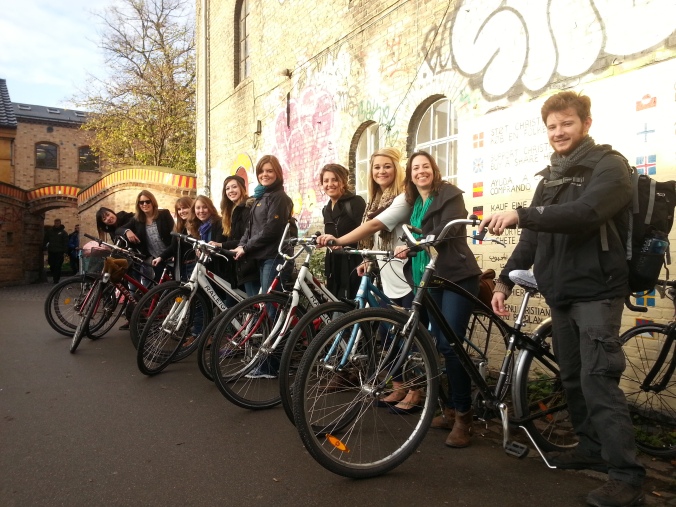






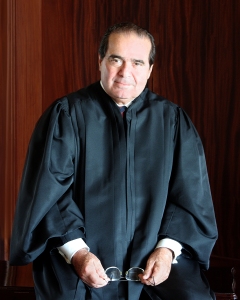
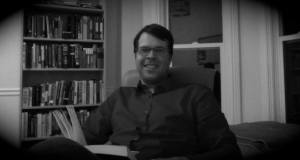



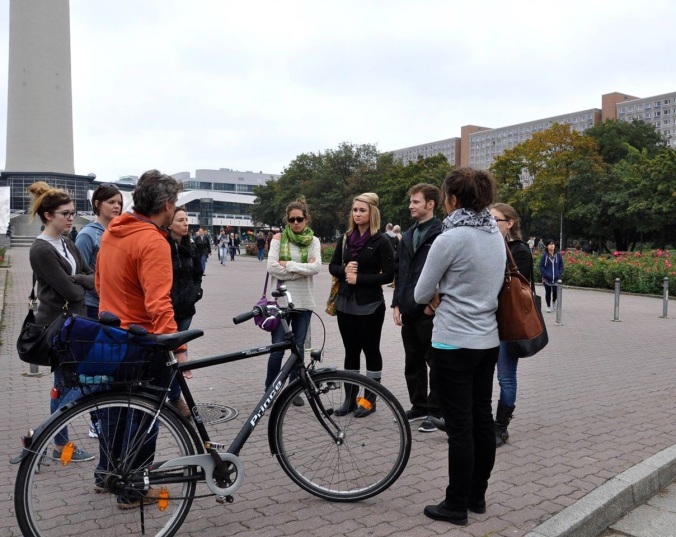



 The discussion was moderated by former Washington Post Editor, Andy Alexander. Fortunately the CU Denver Political Science department was able to get their hands on a few press badges in order to get us on the inside. The ensuing discussion focused mainly on the Middle East North Africa (MENA) region and Russia/Ukraine. For the sake of my background I will focus on the MENA region.
The discussion was moderated by former Washington Post Editor, Andy Alexander. Fortunately the CU Denver Political Science department was able to get their hands on a few press badges in order to get us on the inside. The ensuing discussion focused mainly on the Middle East North Africa (MENA) region and Russia/Ukraine. For the sake of my background I will focus on the MENA region.